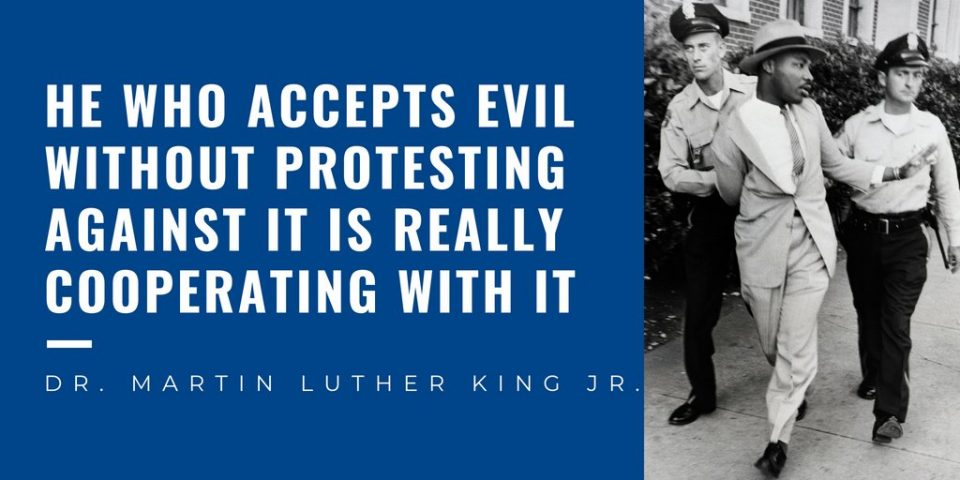The Machinery of the State
July 29, 2018
A relentless South Texas wind poses impossible questions,
flaps the smirking flags until they are upturned,
mists the mown grass with evil’s sputum,…
No Comment

